
Terahertz microscope reveals the motion of superconducting electrons
For the first time, the new scope allowed physicists to observe terahertz “jiggles” in a superconducting fluid.

For the first time, the new scope allowed physicists to observe terahertz “jiggles” in a superconducting fluid.
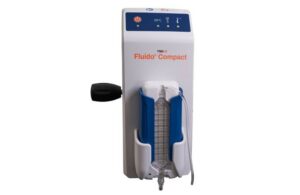
TSC Life announced that it received FDA clearance for its Fluido Compact fluid warming system for pediatric use.
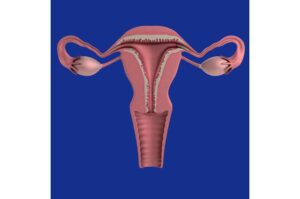
Testing menstrual blood for human papillomavirus (HPV) could be a “robust alternative or replacement” for current cervical cancer screening by a clinician.
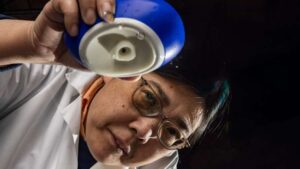
A University of Missouri researcher has unveiled a safer, smarter way to fight drug-resistant infections.
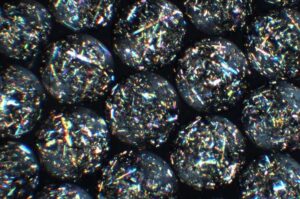
A pioneering study marks a major step toward eliminating the need for daily insulin injections for people with diabetes.
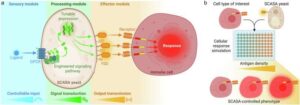
An international research team with strong participation from DTU has developed a new biotechnological platform that makes it possible to test and understand advanced cancer treatments much faster and cheaper than before
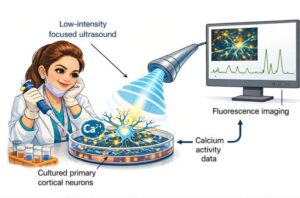
I still vividly remember the first time we observed neurons responding not to audible sound, but to concentrated, precisely calibrated ultrasonic pulses.

A patient with complete blindness caused by irreversible optic nerve damage partially recovered natural vision after participating in a clinical trial of electrical stimulation of the visual cortex conducted by researchers.
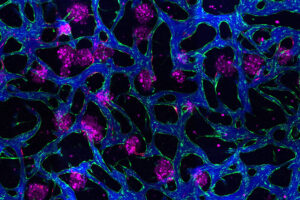
Two models more accurately replicate the physiology of the liver, offering a new way to test treatments for fat buildup.
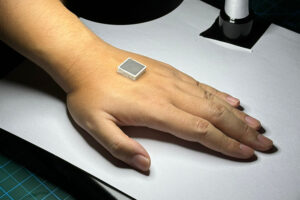
WITEC is working to develop the first wearable ultrasound imaging system to monitor chronic conditions in real-time, with the goal of enabling earlier detection and timely intervention.